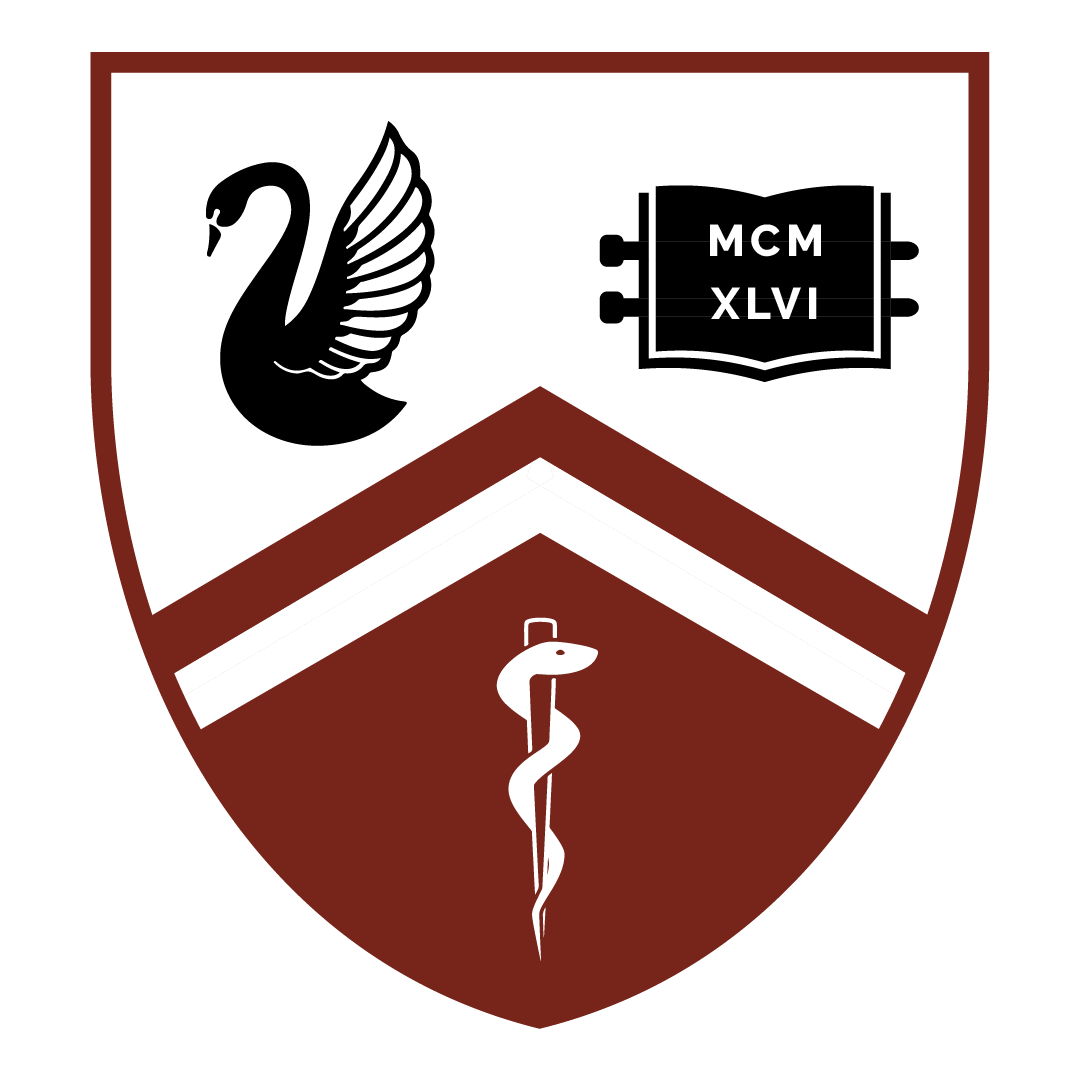This article is part of WAMSS's MD2 Rotations Guide. Start with page one to check out our other useful tips in this series.
Note: The advice shown here may not reflect current Department of Health or UWA School of Medicine policies, particularly with changing public health developments. If you are ever unsure, you should always seek clarification from the UWA Medical School.
Have you gone through UWA MD2? We value your advice. Notice any errors? Get in touch at [email protected]
This document is not an official WAMSS policy document. For any questions or for more information, please contact [email protected]
Contributors: Britt Suann, Jun-Ting Yeung
Last edited: 2021-08-14деньги по только по паспорту
Rotations: Geriatrics
-
Be keen to do ward work like cannulas, bloods, write ward round notes etc. Be your team’s best friend and they will look after you.
-
There are not many conditions for this rotation, but learn about allied health services available to older people (this comes up in the exam more than the conditions) and it’s only stuff you’ll really pick up from the wards.
It’s a good chill rotation with many clinical signs and bored patients
-
Practice MMSE (Mini-Mental State Examination) with patients
-
Ask to present on ward rounds
-
Attend special clinics – e.g. Parkinson’s, Dementia
-
As there are quite few core conditions on this rotation, you can make the most of your time by studying other rotations (especially Internal Medicine).
-
Geriatrics is slower moving than other rotations, making it great for catching up on study
Rotations: Rheumatology
-
Know some basic blood tests/screens for antibodies but don’t have to know a lot or in detail.
Get your tests done ASAP and learn everything before starting the week
-
E.g. how to do a gait assessment, hand exam. You won’t learn much on the rotation if you haven’t read about the conditions first as they are very niche, and you need the specifics. It’s all + which sucks, but you have to know them, and they’ll come up in the exam.
-
Ask to do the hand exam SCA early!!! It honestly won’t change your mark if you do it day 1 or 3 - just YouTube it
-
Learn how to do a joint aspirate – this was in an exam in the past.
-
Do online modules if you are at FSH. Short week and lots of content so prepare well as they don’t have time to really teach it all – will get more out if you can follow and know how to do hand exam.

